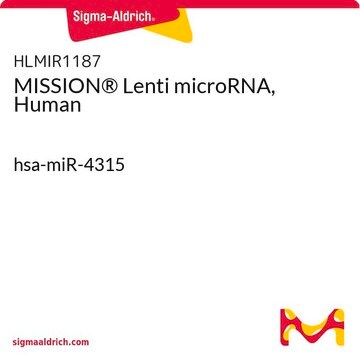579000
Tamoxifen Citrate
Tamoxifen is a potent synthetic anti-estrogenic agent.
Synonym(s):
Tamoxifen Citrate, Estrogen Receptor Signaling Regulator I
About This Item
Recommended Products
Quality Level
Assay
≥99% (HPLC)
form
powder
manufacturer/tradename
Calbiochem®
storage condition
OK to freeze
color
white to off-white
solubility
ethanol: 5 mg/mL
methanol: 5 mg/mL
water: sparingly soluble
shipped in
ambient
storage temp.
2-8°C
SMILES string
N(CCOc1ccc(cc1)\C(=C(\CC)/c3ccccc3)\c2ccccc2)(C)C.[O-]C(=O)C(O)(CC(=O)[O-])CC(=O)[O-].[H+].[H+].[H+]
InChI
1S/C26H29NO.C6H8O7/c1-4-25(21-11-7-5-8-12-21)26(22-13-9-6-10-14-22)23-15-17-24(18-16-23)28-20-19-27(2)3;7-3(8)1-6(13,5(11)12)2-4(9)10/h5-18H,4,19-20H2,1-3H3;13H,1-2H2,(H,7,8)(H,9,10)(H,11,12)/b26-25-;
InChI key
FQZYTYWMLGAPFJ-OQKDUQJOSA-N
General description
Biochem/physiol Actions
PKC
Warning
Reconstitution
Other Notes
Couldwell, W.J., et al. 1994. FEBS Lett.345, 43.
Baltuch, G.H., et al. 1993. Neurosurgery33, 495.
Powis, G. 1991. Trends Pharmacol. Sci.12, 188.
Issandou, M., et al. 1990. Cancer Res.50, 5845.
O’Brian, C.A., et al. 1985. Cancer Res.45, 2462.
Legal Information
Signal Word
Danger
Hazard Statements
Precautionary Statements
Hazard Classifications
Acute Tox. 4 Oral - Aquatic Acute 1 - Aquatic Chronic 1 - Carc. 1B - Repr. 1B
Storage Class Code
6.1C - Combustible acute toxic Cat.3 / toxic compounds or compounds which causing chronic effects
WGK
WGK 3
Flash Point(F)
Not applicable
Flash Point(C)
Not applicable
Certificates of Analysis (COA)
Search for Certificates of Analysis (COA) by entering the products Lot/Batch Number. Lot and Batch Numbers can be found on a product’s label following the words ‘Lot’ or ‘Batch’.
Already Own This Product?
Find documentation for the products that you have recently purchased in the Document Library.
Customers Also Viewed
Our team of scientists has experience in all areas of research including Life Science, Material Science, Chemical Synthesis, Chromatography, Analytical and many others.
Contact Technical Service









